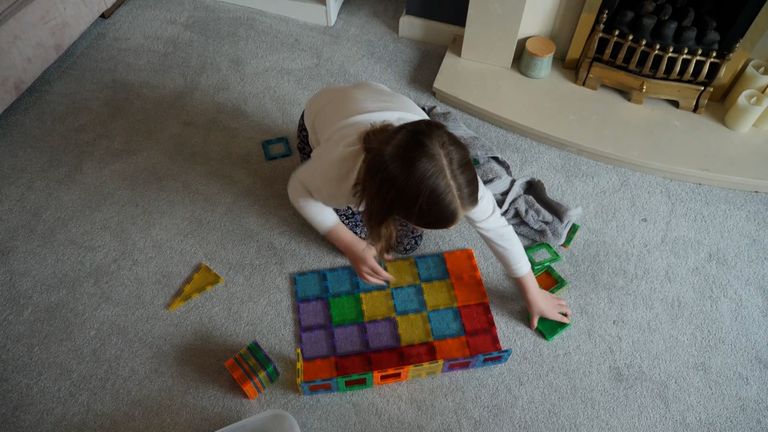The NHS is struggling to cope with an “unusual, unpredictable and unprecedented” increase in demand for autism assessments and ADHD treatment in the UK, a health think tank has warned.
As of December 2023, there were approximately 172,040 people on the waiting list, up from 117,020 a year ago and more than five times the 32,220 recorded in December 2019.
Figures published by NHS Digital show the number of patients waiting for autism assessments has reached its highest level since data began being recorded in April 2019.
It prompted calls for a “radical rethink” of how autism and ADHD are assessed and treated.
Thea Stein, chief executive of the Nuffield Trust, said: “The extraordinary, unpredictable and unprecedented growth in demand for autism assessment and ADHD treatment has completely exceeded the capacity of the NHS to meet it.
“Frankly, it’s impossible to imagine how systems can grow quickly enough to meet this demand.
“We should not underestimate what this means for children: many schools want support through assessment and formal diagnosis, and children and their families suffer while they wait.”
Despite the National Institute for Health and Care Excellence (NICE) recommending that people with suspected autism be diagnosed within three months of referral, 147,070 patients waited at least 13 weeks in December. This is six times the number of 24,250 people in December 2019.
Analysis of data by the Nuffield Trust found that 79% of people waiting 13 weeks or more did not have their first appointment with a specialist, up from 44% in December 2019.
Between October and December last year, those who booked their first appointment waited an average of nine months from referral.
In December 2019, the average waiting time was four months, the think tank said.
Wherever you get your podcasts, click to subscribe to Sky News Daily
Ms Stein warned: “We are only now beginning to realize how many people are neurodiverse.
“The challenge is that we have an outdated model of care delivery to cope with this avalanche of demand.
“The large increases detailed in our analysis may be a combination of changing social attitudes and increased awareness.
“We need to urgently understand the different elements of this complex situation and find a whole systems approach that covers education, society as a whole and health services.
“Throwing more money into the current model is certainly not the answer: a radical rethink is needed.”
Read more from Sky News:
A&E wait: Hundreds may die needlessly
Thousands of type 1 diabetics receive ‘artificial pancreas’
An NHS spokesperson said: “The NHS is fully committed to supporting and improving the lives of people with ADHD and autism, which is why we have published new national guidance to help local areas cope with a 50% increase in referrals last year.
“NHS England has also begun important work investigating challenges in ADHD service provision and launched a cross-departmental working group with the government last month to help provide services to the growing numbers of people coming forward for support. A joint approach.”
Follow us on Google news ,Twitter , and Join Whatsapp Group of thelocalreport.in

